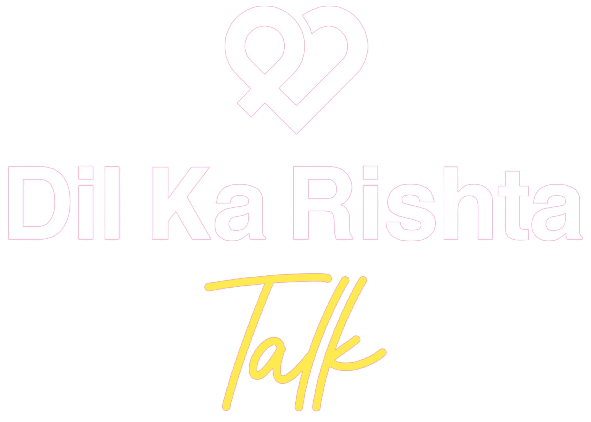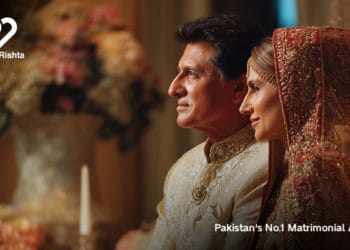In the intricate fabric of Pakistani society, relationships are often viewed as sacred bonds, and the institution of marriage is deeply rooted in cultural and traditional values. However, behind the veneer of familial harmony, there lies an uncomfortable reality – the stigmatization of divorce. In recent times, as societal norms evolve, the conversation around divorce stigma is gaining momentum, shedding light on the challenges faced by individuals seeking liberation from unhappy or abusive marriages.
The Silent Struggle:
Divorce, a deeply personal decision, is often accompanied by societal judgment and raised eyebrows. Pakistani society, like many others, tends to stigmatize the act of dissolution, placing a heavy burden on those contemplating this life-altering step. The fear of judgment, gossip, and societal ostracization often forces individuals to endure tumultuous marriages silently.
Cultural Paradigms:
The roots of divorce stigma delve into cultural paradigms that emphasize the sanctity of marriage as an unbreakable bond. The prevailing mindset often views divorce as a failure, a rupture in the social fabric, rather than an escape from toxic relationships. This cultural perspective not only adds pressure on individuals but also perpetuates a cycle of silence, preventing open discussions about the complexities of marital relationships.
Impact on Mental Health:
The stigma surrounding divorce takes a toll on the mental health of those trapped in unhappy unions. The fear of judgment and isolation can lead to prolonged suffering, exacerbating issues such as anxiety and depression. The societal pressure to conform to marital norms can force individuals into the confines of abusive relationships, leading to a profound impact on their overall well-being.
Changing Tides:
Thankfully, winds of change are beginning to sweep across Pakistani society. Advocacy groups, mental health professionals, and individuals with lived experiences are joining hands to challenge the prevailing stigma. The narrative is shifting from judgment to understanding, with a growing realization that divorce can be an act of self-preservation rather than a societal transgression.
Calls for Empathy and Support:
There is a growing call for empathy and support for divorcees within Pakistani communities. Grassroots movements and online platforms are providing safe spaces for individuals to share their stories, fostering a sense of community and understanding. Mental health awareness campaigns are emphasizing the importance of seeking help when needed, both during and after divorce.
Educational Initiatives:
Educational initiatives are playing a crucial role in dismantling stereotypes surrounding divorce. Schools and community centers are increasingly incorporating modules that address healthy relationships, consent, and the importance of recognizing when a marriage becomes detrimental to one’s well-being.
Legal Reforms:
On the legal front, there are discussions about reforms that could make the divorce process more humane and less stigmatized. Advocates are pushing for measures that protect the rights of divorcees and ensure their dignity throughout the legal proceedings.
Conclusion:
In the journey toward a more compassionate society, it is imperative to unravel the layers of divorce stigma deeply embedded in cultural norms. By fostering understanding, providing support systems, and reshaping the narrative around divorce, Pakistani society can create an environment where individuals feel empowered to make choices that prioritize their well-being. The path to acceptance may be gradual, but the collective efforts of communities, policymakers, and individuals can help break the chains of divorce stigma, allowing a more empathetic and inclusive society to emerge.
















